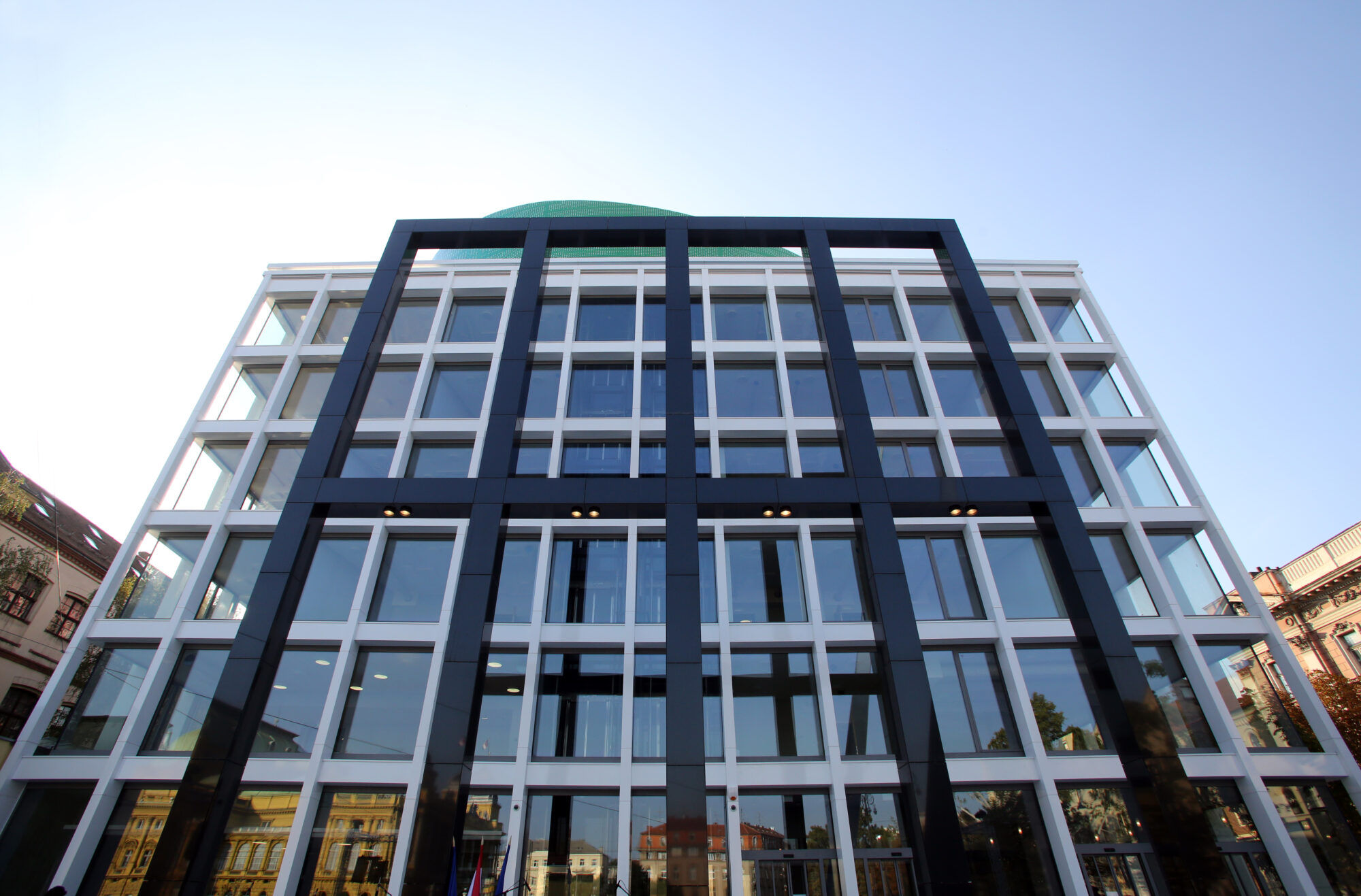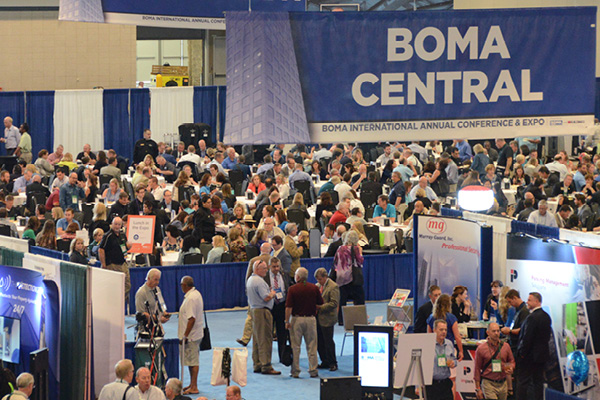© 2025 Genea Energy Partners, Inc. All Rights Reserved.
Working in property management means interacting with people from many walks of life. You will surely come across good tenants...
Two weeks ago at BOMA International, Genea CEO Michael Wong moderated a panel about what’s often considered a four...
Takeaways from BOMA International 2018, where hundreds of CRE professionals shared their experiences, challenges, and ideas.
Talk to an expert
Give us a call





